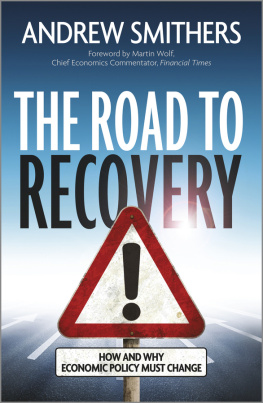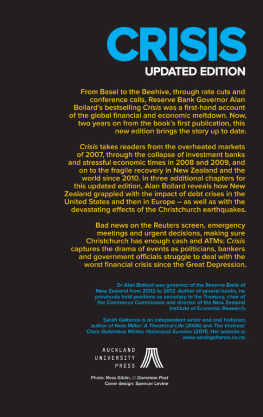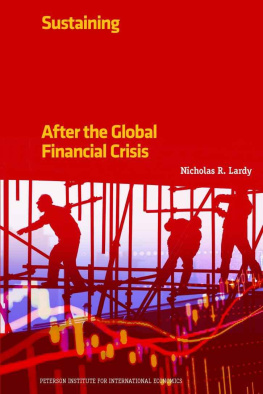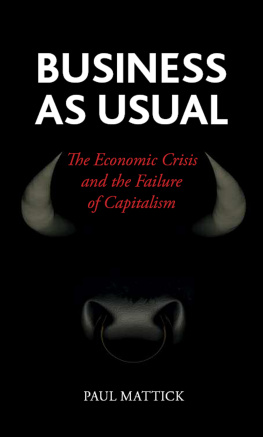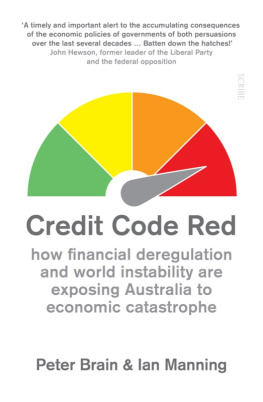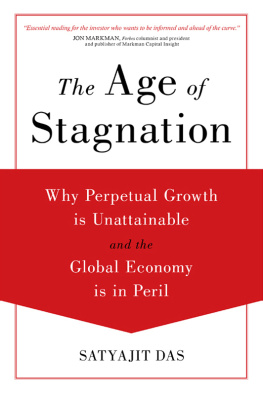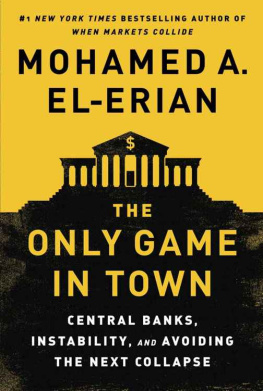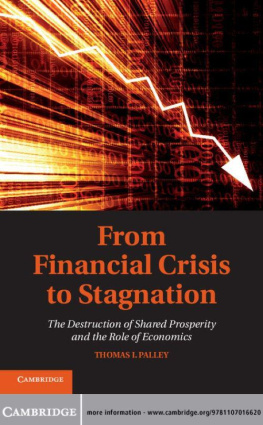Andrew Smithers - The Road to Recovery: How and Why Economic Policy Must Change
Here you can read online Andrew Smithers - The Road to Recovery: How and Why Economic Policy Must Change full text of the book (entire story) in english for free. Download pdf and epub, get meaning, cover and reviews about this ebook. year: 2013, publisher: Wiley, genre: Politics. Description of the work, (preface) as well as reviews are available. Best literature library LitArk.com created for fans of good reading and offers a wide selection of genres:
Romance novel
Science fiction
Adventure
Detective
Science
History
Home and family
Prose
Art
Politics
Computer
Non-fiction
Religion
Business
Children
Humor
Choose a favorite category and find really read worthwhile books. Enjoy immersion in the world of imagination, feel the emotions of the characters or learn something new for yourself, make an fascinating discovery.
- Book:The Road to Recovery: How and Why Economic Policy Must Change
- Author:
- Publisher:Wiley
- Genre:
- Year:2013
- Rating:4 / 5
- Favourites:Add to favourites
- Your mark:
The Road to Recovery: How and Why Economic Policy Must Change: summary, description and annotation
We offer to read an annotation, description, summary or preface (depends on what the author of the book "The Road to Recovery: How and Why Economic Policy Must Change" wrote himself). If you haven't found the necessary information about the book — write in the comments, we will try to find it.
In The Road to Recovery, Andrew Smithersone of a handful of respected economists to have accurately predicted the most recent global financial crisisargues that the neoclassical consensus governing global economic decision-making must be revised in order to avoid the next financial collapse. He argues that the current low interest rates and budget deficits have prevented the recession becoming a depression but that those policies cannot be continuously repeated and a new consensus for action must be found. He offers practical guidance on reducing government, household, and business debt; changing the economic incentives for the management class that currently inhibit long-term growth; and rebalancing national economies both internally and externally. Further, he explains how central bankers must broaden the economic theories that guide their decisions to include the major factors of debt and asset prices.
- Offers practical, real-world economic policies for restructuring and rebalancing the global economic system
- Presents a modern economic theory for preventing the next collapse
- Ideal for economists, investors, fund managers, and central bankers
- Written by an economist described by the legendary Barton Biggs as one of the five best, most dispassionate, erudite analysts in the world
As the global economy continues the long climb out of recession, its imperative that central bankers and other economic decision-makers not repeat the mistakes of the past. The Road to Recovery offers prescriptive guidance on redesigning an economic system that is healthy, stable, and beneficial to all.
Andrew Smithers: author's other books
Who wrote The Road to Recovery: How and Why Economic Policy Must Change? Find out the surname, the name of the author of the book and a list of all author's works by series.

